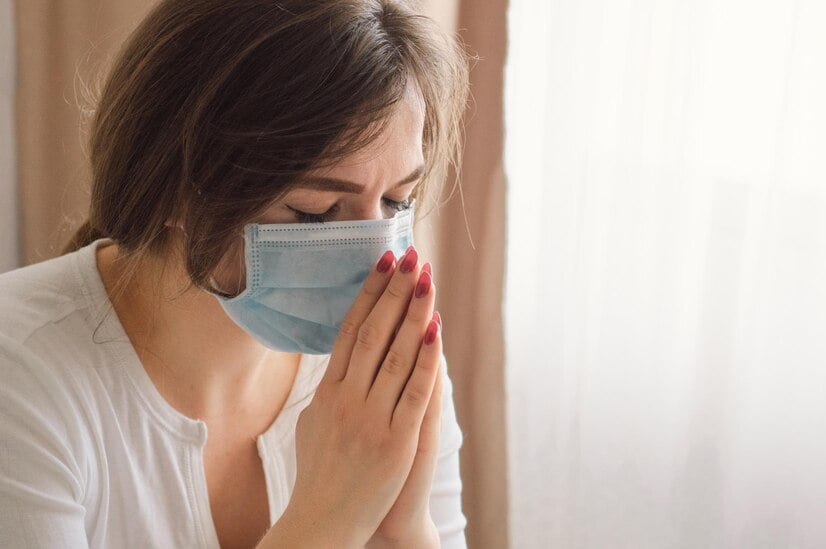- +91 9163-156-156
- info@allergyandasthmacentre.com
- Clinic : 10:00AM To 06:00 PM
Best Allergy Treatment Clinic in Kolkata

What is an Allergy?
An allergy happens when your body’s defense system, called the immune system, overreacts to things that are usually harmless. These things, called allergens, can be found in pollen, dust, certain foods, medicines, insect stings, or pet fur.
When someone with an allergy encounters an allergen, their body fights it as if it’s dangerous. This reaction can cause different problems in the body, like sneezing, a runny or stuffy nose, coughing, itching, swelling, or tummy issues.
Allergies can start at any time in your life. Some people have mild symptoms, while others have more serious reactions. In extreme cases, it can even be life-threatening.
What are the types of Allergies?
Allergies can manifest in various forms, affecting different parts of the body. Here are some common types of allergies:
1
Nose – allergic rhinitis
2
Skin -Dermatitis
3
Systemic-Anaphylaxis
4
Ear –otitis media
5
Lungs -Asthma
6
Eye -Conjunctivitis
Symptoms Of Allergy

Respiratory Symptoms
Sneezing,Runny or stuffy nose,Coughing,Shortness of breath,Wheezing (a whistling sound when breathing)

Digestive Problems
Nausea or vomiting,Stomach pain or cramps,Diarrhea Sneezing,Runny or stuffy nos

Skin Reactions
Skin rashes, such as hives (red, raised, itchy welts)Itchy skinEczema (dry, inflamed, itchy skin)Swelling, especially around the eyes or lips
Best Allergy Treatment in Kolkata
Find exceptional allergy treatment at our specialized center in Kolkata. Our skilled
team and advanced medical approaches provide top-quality care for different allergic conditions.
team and advanced medical approaches provide top-quality care for different allergic conditions.
Frequently Asked Questions
How are allergies diagnosed?
Allergies are diagnosed through a combination of patient history, physical exams, and tests such as skin prick tests, blood tests (serum IgE tests), and in some cases, elimination diets or food challenges.
What are the risk factors for developing allergies?
Risk factors for developing allergies include family history, genetics, environmental factors, early childhood exposures, and certain health conditions like asthma or eczema.
How can I manage or treat my allergies?
Allergies can be managed through strategies like allergen avoidance, medications (antihistamines, nasal corticosteroids), immunotherapy, and emergency treatments for severe reactions like anaphylaxis.
Omega-3 fatty acids: Omega-3 fatty acids have anti-inflammatory properties and may help reduce asthma symptoms. Good sources include fatty fish (such as salmon, mackerel, and sardines), flaxseeds, chia seeds, and walnuts.
When should I seek medical help for my allergies?
Seek medical help immediately for severe symptoms or anaphylaxis, or if your allergy symptoms significantly impact your daily life.

